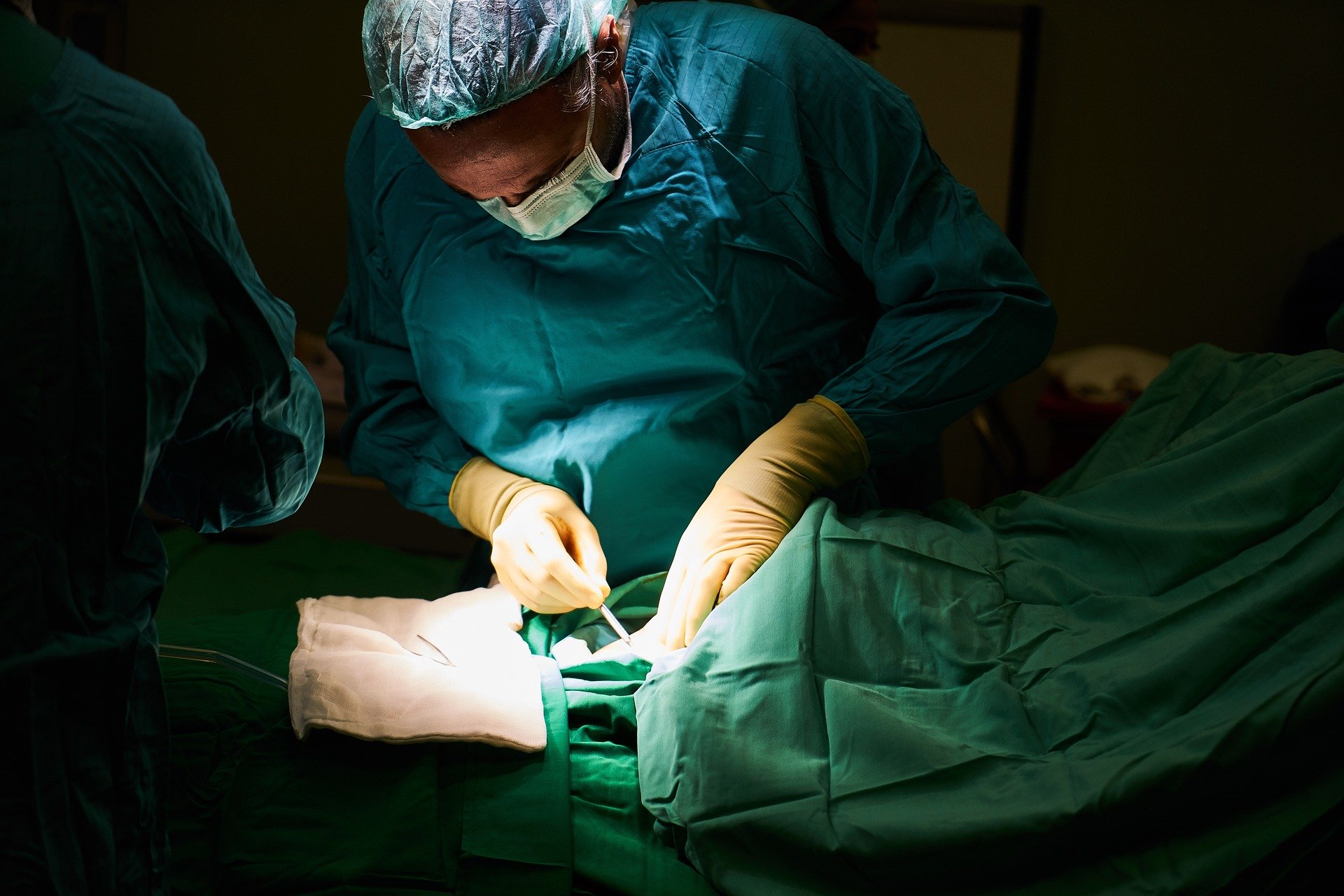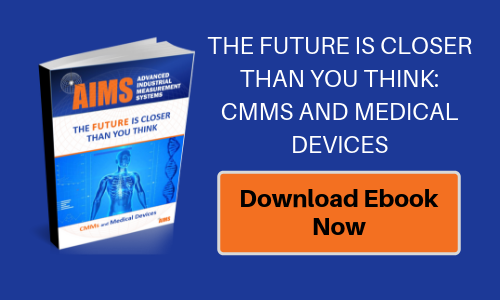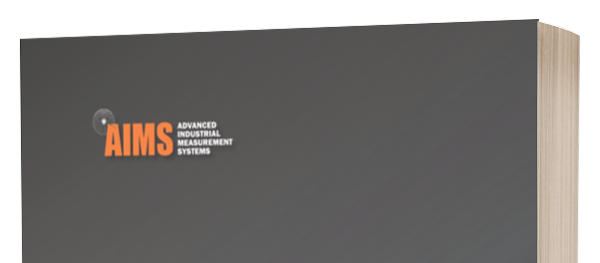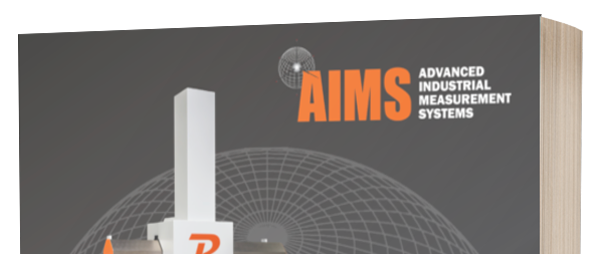 The med tech industry in the U.S. is experiencing an upswing in revenue according to a recent study by the Alexander Group.
The med tech industry in the U.S. is experiencing an upswing in revenue according to a recent study by the Alexander Group.
Their findings revealed that year-over-year growth topped five percent last year, “rebounding from a low three percent in 2014". To respond to margin pressures medical device companies are rethinking the way they bring products to market. One shift in the customer model is focusing on products and solutions that provide tangible outcomes for doctors and health systems versus clinicians.
Industry investments are targeting unique devices that can treat complex diseases, diagnostic solutions that promote early detection and using data from “connected products to influence treatment algorithms.”
Data and technology are changing the way medical device customers do business. As the need for innovative, smart devices that can perform myriad tasks increases, so does the need to inspect and ensure these products are meeting stringent quality requirements.
To help manufacturers navigate the changes in the medical device field, we’re offering a road map via our new E-Book “The Future is Closer Than You Think: CMMs and Medical Devices.” It focuses on the medical device industry, the trends that are influencing part evolution and what this will mean for manufacturers.
We know that in order to compete, companies need to reduce lead times and balance production with demand. A critical component to that is having the right inspection equipment. It’s also important to understand the quality control requirements for organic parts, the types of materials used to make them and other details like surface finishes.
Non-prismatic parts require 100 percent inspection. To do that you need multi-sensor metrology equipment. Accurate inspection of medical devices requires close scrutiny for surface imperfections like burrs and dust. Probes can cause deformation in small, intricate parts. Noncontact inspection can be performed without impacting sterilized parts or affecting dimensional accuracy. A multi-sensor lab-grade CMM, like the LM, equipped with a REVO-2 RVP vision probe brings 5-axis measurement capability to medical manufacturers that need repeatable measurement and accurate reproducibility in X, Y and Z. The RVP provides non-contact vision measurements on a 5-axis platform with infinite positioning making it the appropriate choice for inspecting parts with small features or delicate or flexible components.
Need to automate your production line? The LM can be teamed with a comparator. Contact us today for your copy of our latest E-book and get the road map you need to navigate the changing medical device marketplace.


